Sun Ge
Sun Ge is a research fellow at the Institute of Literature of the Chinese Academy of Social Sciences and a distinguished professor at the School of Japanese Language, Literature and Culture of Beijing International Studies University. She received a PhD in Political Science from the Faculty of Law at Tokyo Metropolitan University. She has served as Visiting Professor at the University of Tokyo, Tokyo University of Foreign Studies, Hitotsubashi University, Kyoto University, Ritsumeikan University, University of Washington, University of Heidelberg and Seoul National University.
She specialises in the history of Japanese political thought, which mainly focuses on the epistemological production of post-war Japanese thinkers, and she is committed to transforming the epistemological resources of Japanese thought from a cross-cultural perspective. Therefore, her specific study involves fundamental issues of both Chinese and Japanese intellectual history.
Her major publications of monographs in Chinese in recent years include: Wandering on the Borders (2021); Beyond Desperation and Hope: A Close Reading of Lu Xu’s ‘Wild Grass’ (2020); From to Shanghai: Life on the Border (2020); Asia Moment (2019); History and Man: Rethinking the Question of Universality (2018); China and Japan in the History of Thoughts (2017).
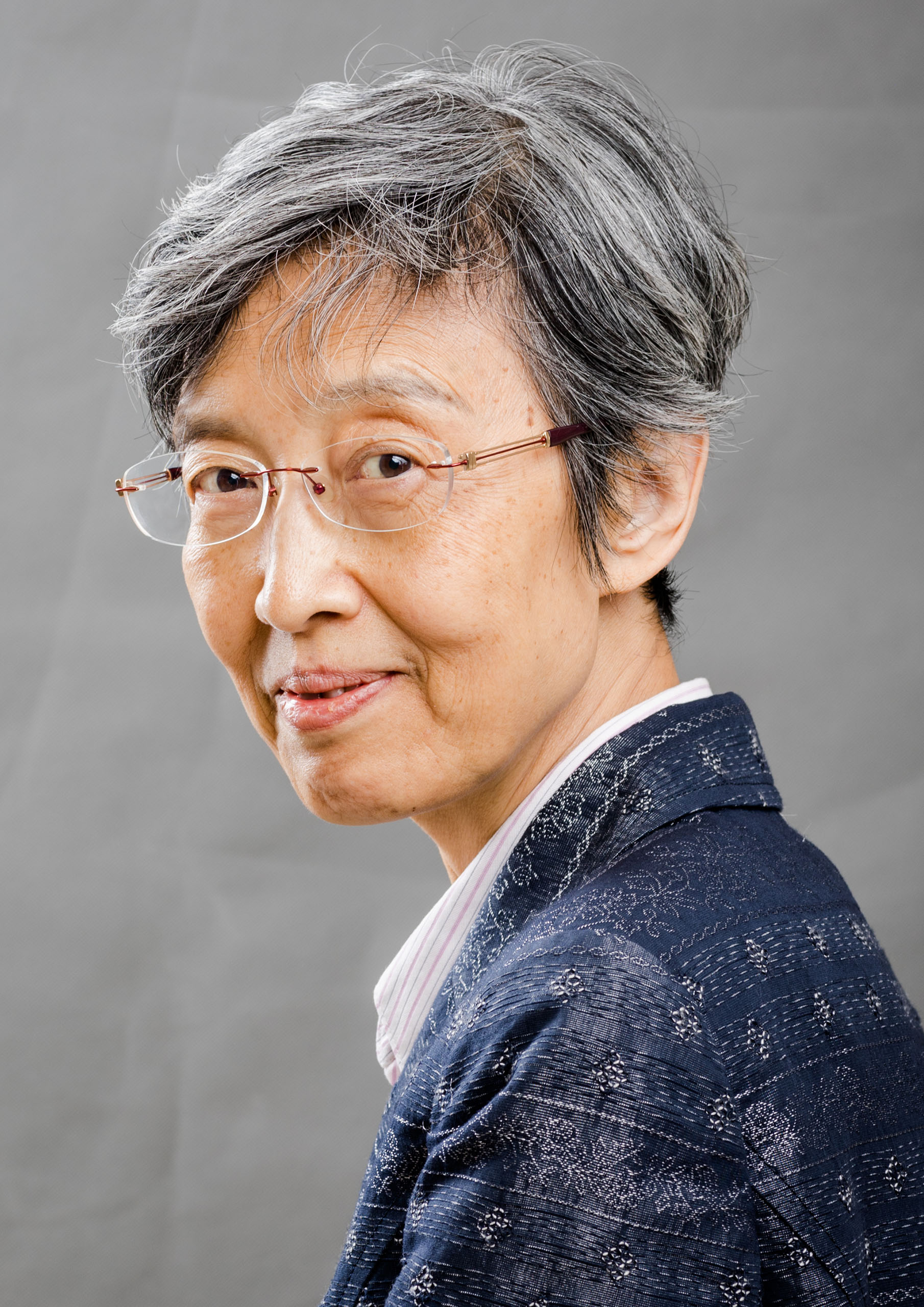
Image courtesy: Sun Ge
Mori Yoshitaka
Mori Yoshitaka is the professor in Sociology and Cultural Studies at the Graduate School of Global Arts, Tokyo University of the Arts (Geidai). He received BA in Economics, Kyoto University, MA in Media and Communications and PhD in Sociology, Goldsmiths College, London. His research interests are postmodern culture, media, art, city and transnationalism. His publications include: The Philosophy in the Streets (2009); Popular Music and Capitalism (2005/2012) and ‘Culture=Politics: The Emergence of New Cultural Forms of Protest in the age of Freeter’ in Inter-Asia Cultural Studies (2005); ‘New Collectivism, Participation and Politics after the East Japan Great Earthquake’ in World Art (2015).
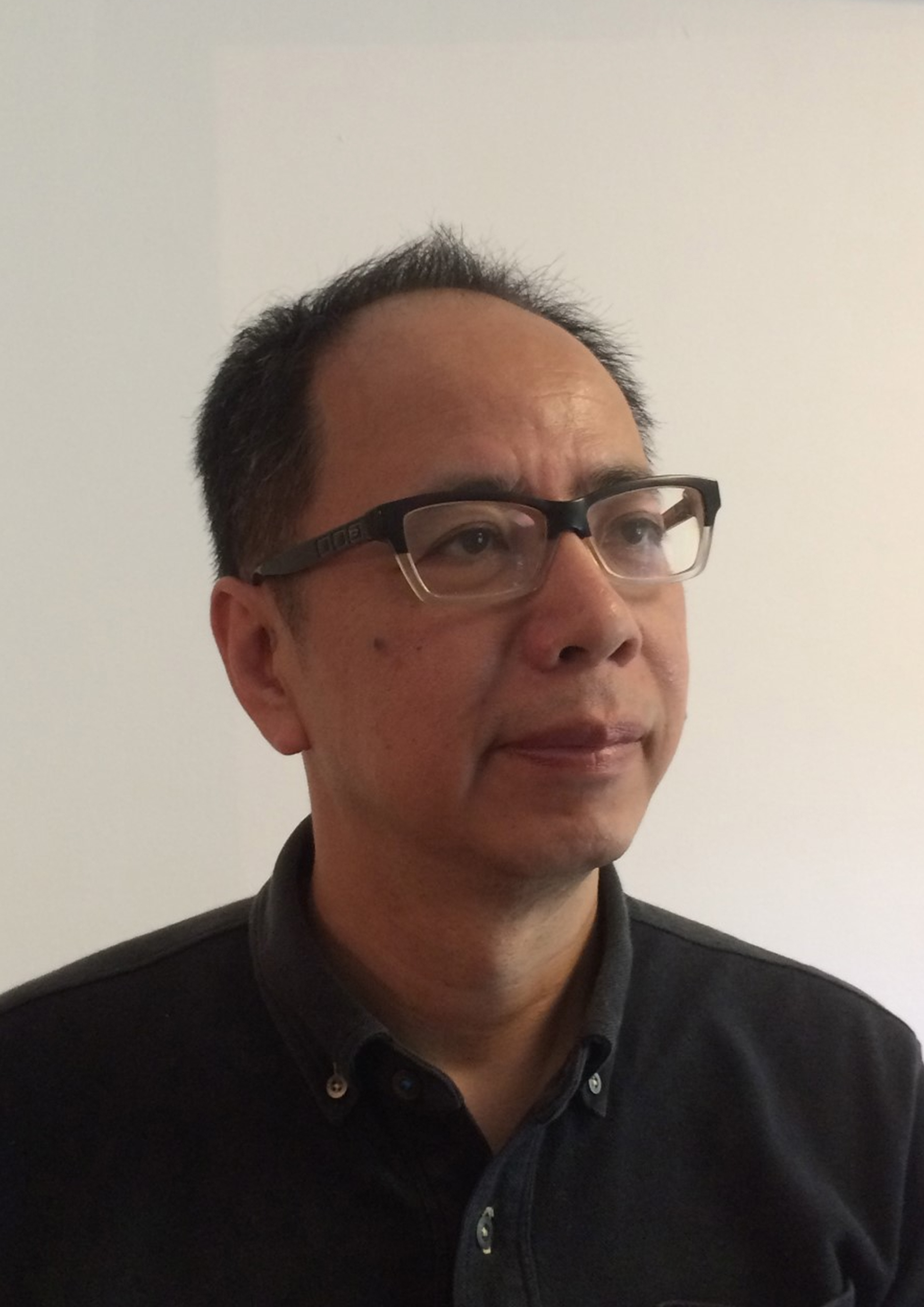
Image courtesy: Mori Yoshitaka
Sing Song-Yong
Sing Song-Yong earned his doctoral degree in cinematography from the Institute of Performing Arts, University Paris Ouest – Nanterre La Défense, France. He teaches as a professor in the Department of Filmmaking, and the Graduate Institute of Trans-disciplinary Arts, Taipei National University of the Arts. He curated (Not) Just a Historical Document: Hong Kong-Taiwan Video Art 1980-1990s in 2018, Rewind_ Video Art in Taiwan 1983-1999 in 2015, The Eclipse of Documentary: The Transdisciplinary Intersection of Images in 2012. His research interests cover the aesthetics of contemporary Chinese cinema, contemporary art and cinema, as well as theories and aesthetics of contemporary French films. His publications include Projecting Tsai Ming-Liang: Towards Transart Cinema (2014), Thinking with Tsai Ming-Liang: 13 Faces of Contemporary Chinese Cinema Studies (2021), etc.
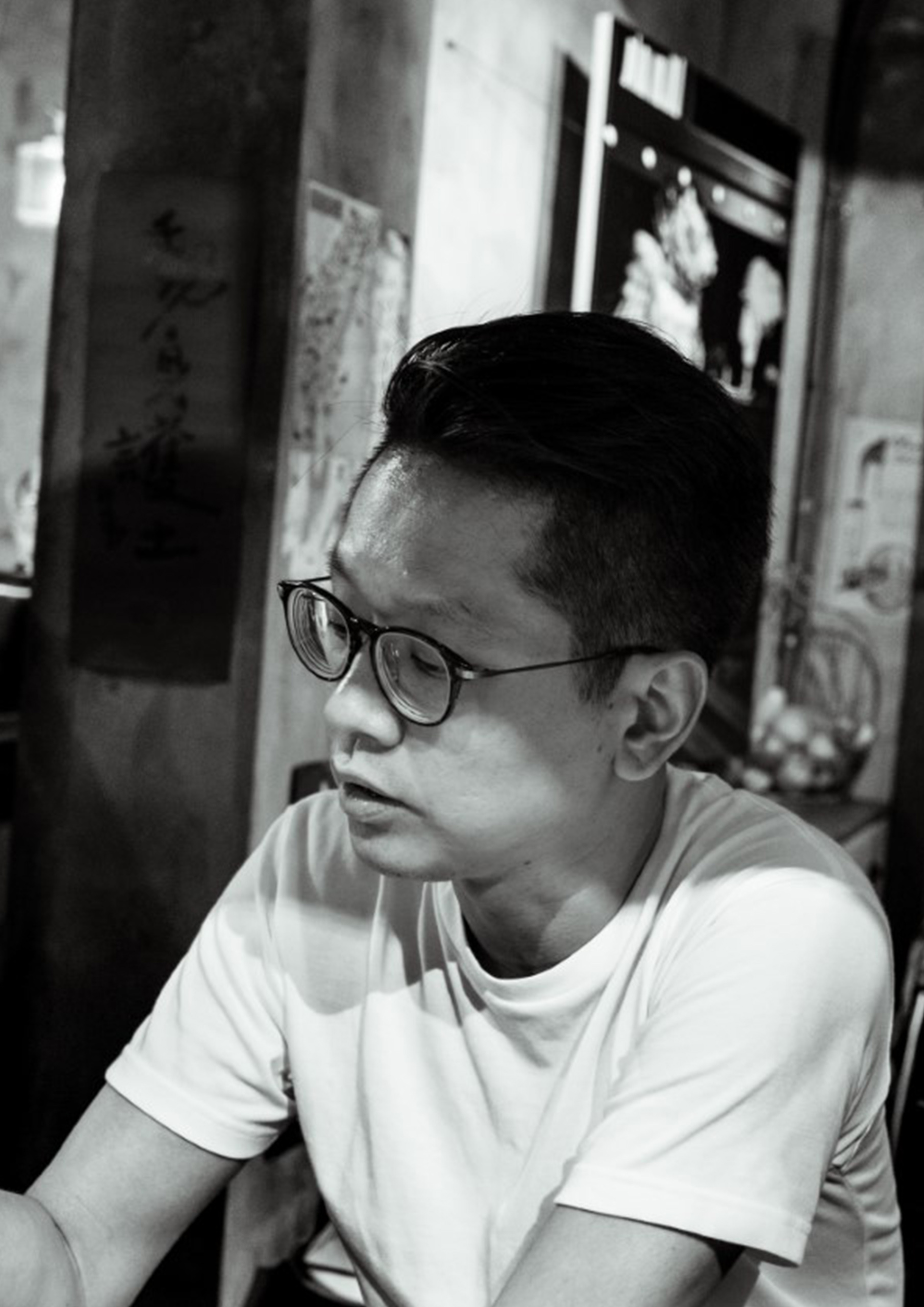
Image courtesy: Sing Song-Yong
Ma Ran
Ma Ran is the associate professor at the international programme of ‘Japan-in-Asia’ Cultural Studies and the programme of Cinema Studies (eizogaku), Graduate School of Humanities, Nagoya University, Japan. Her research interests include East Asian independent cinemas and film festival studies, for which she has published several journal articles and book chapters, including the two recently co-edited special issues titled ‘In/visibility in post-war Okinawan images’ for the Journal of Japanese and Korean Cinema (2021). Ma is also the author of Independent Filmmaking across Borders in Contemporary Asia (2019). Besides research, she has also organised screening events of independent films at Osaka, Beijing and Nagoya.
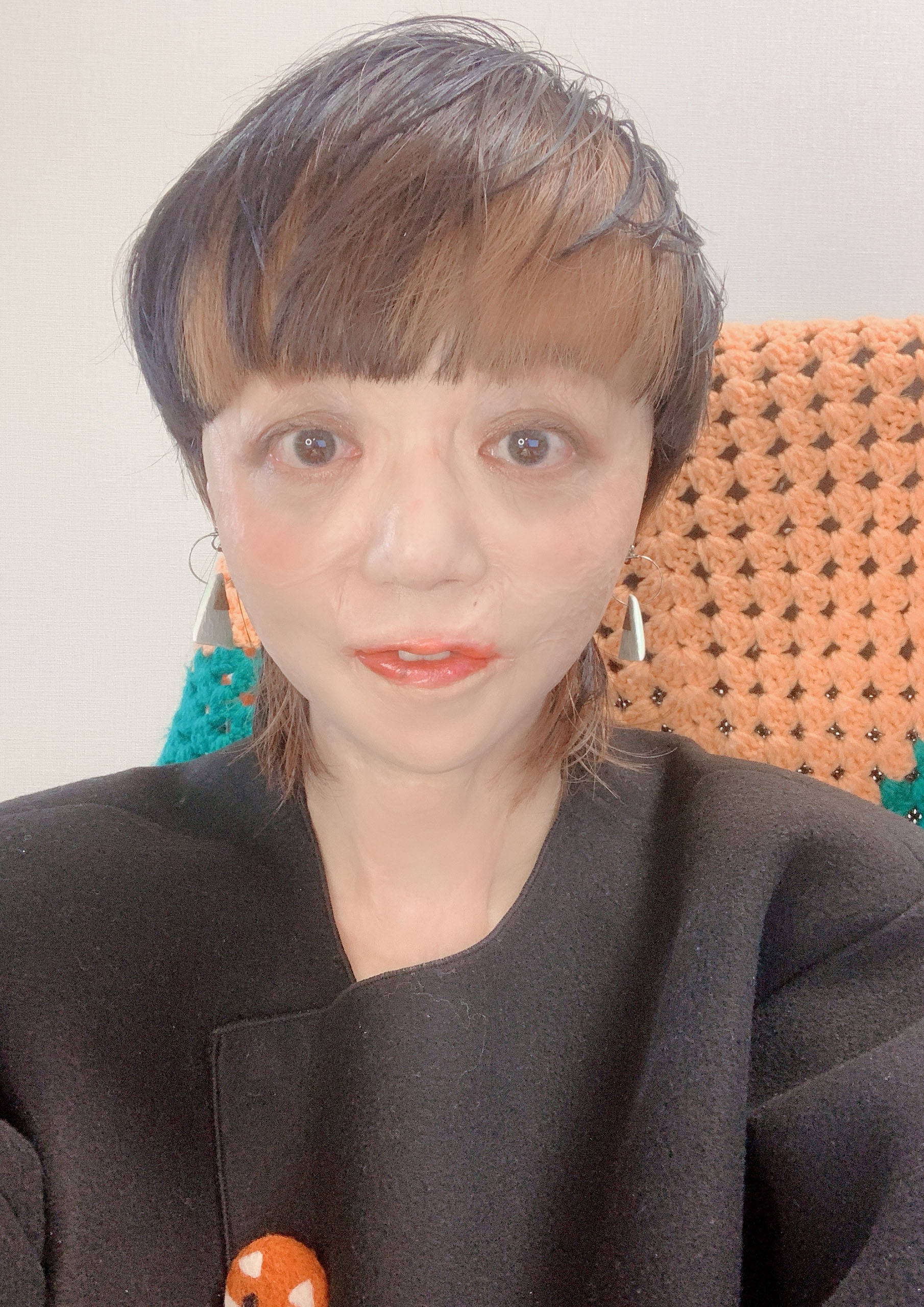
Image courtesy: Ma Ran
Pan Lu
Pan Lu is the associate professor at the Department of Chinese Culture, The Hong Kong Polytechnic University. She was the visiting scholar and visiting fellow at the Technical University of Berlin (2008 and 2009), the Harvard-Yenching Institute (2011-2012), researcher in residence at Fukuoka Asian Art Museum (2016) and visiting scholar at Taipei National University of the Arts (2018). Pan is the author of three monographs: In-Visible Palimpsest: Memory, Space and Modernity in Berlin and Shanghai (2016), Aestheticizing Public Space: Street Visual Politics in East Asian Cities (2015), and her new book Image, Imagination and Imaginarium: Remapping World War II Monuments in Greater China was published in 2020. Her films include Traces of an Invisible City (co-directed with Wang Bo, 2016), Miasma, Plants and Export Paintings (co-directed with Wang Bo, 2017), which received Award for Excellence, 32nd Image Forum Festival, Tokyo, Japan, Many Undulating Things (co-directed with Wang Bo,2019) and Anachronic Chronicles: Voyages Inside/Out Asia (co-directed with Araki Yu, 2021). She was one of the curators of Kuandu Biennale, Taipei in 2018.
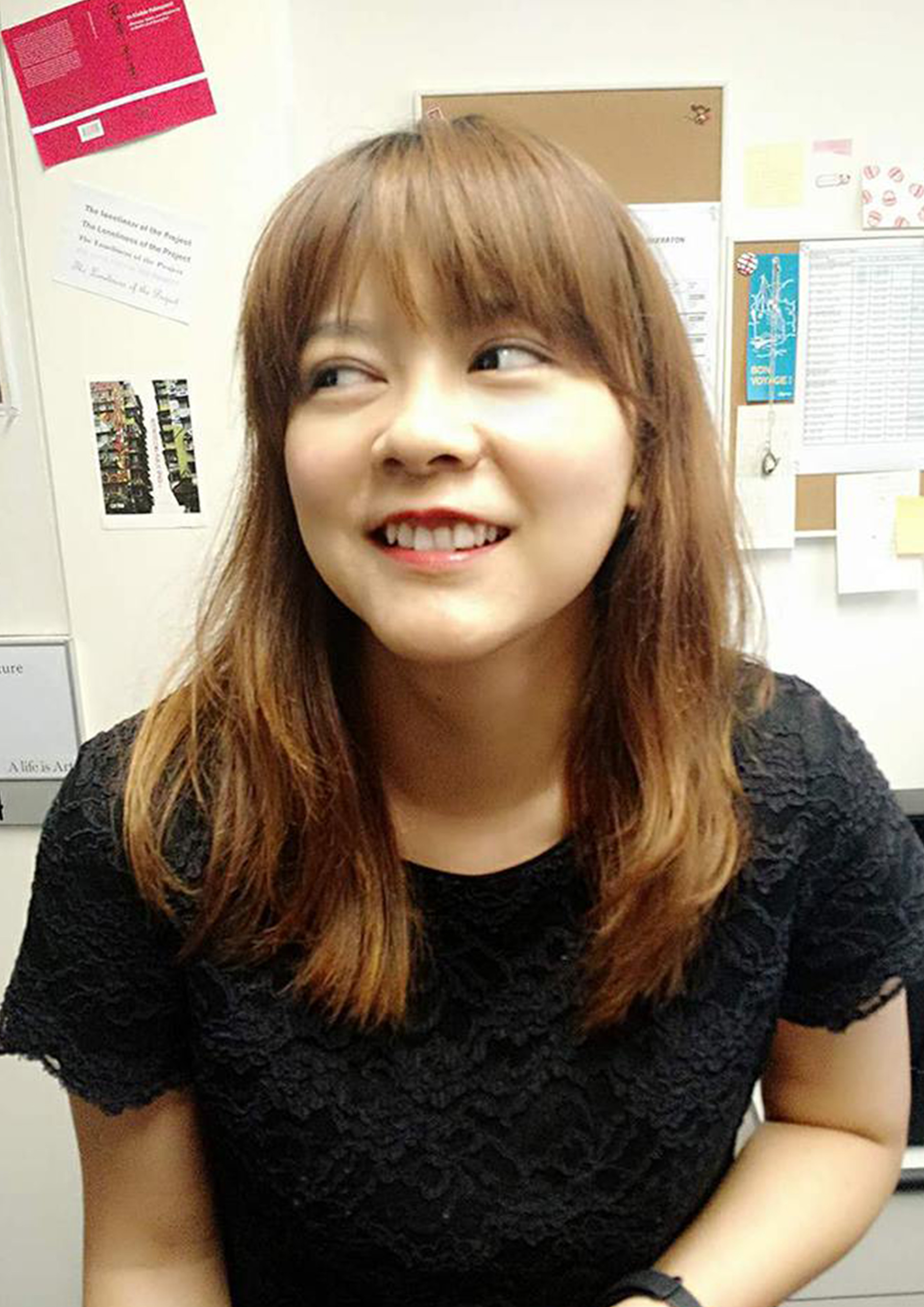
Image courtesy: Pan Lu
Shimada Yoshiko
Born in 1959, Tokyo, Japan, and currently lives in Chiba, Shimada Yoshiko is a visual artist and art historian. She received her PhD from Kingston University, London. Her research interests include art and politics in post-war Japan, alternative art education and feminism. She currently lectures on feminism and art at the University of Tokyo.
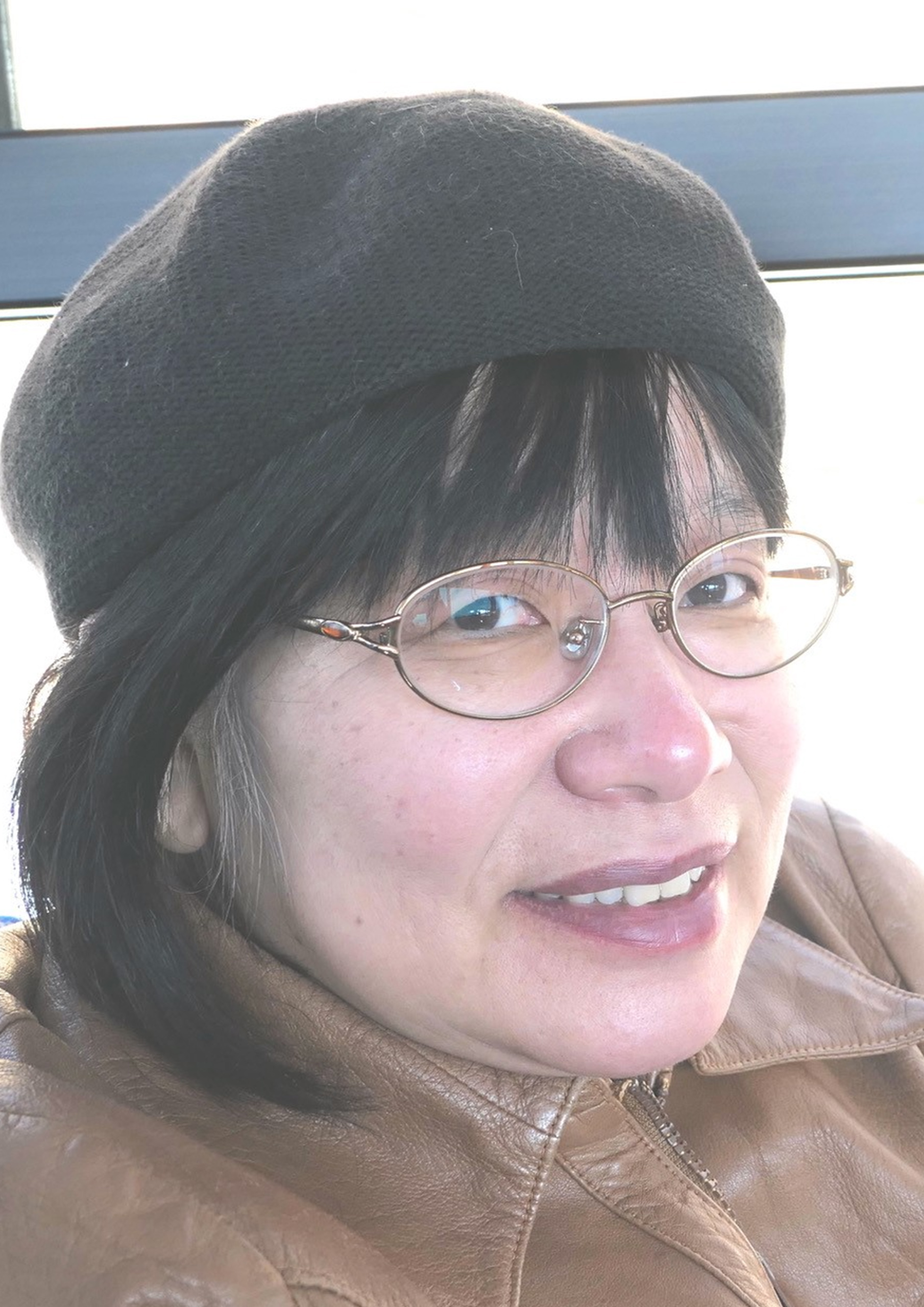
Image courtesy: Shimada Yoshiko
Cho Juhyun
Cho Juhyun is currently a member and curatorial director of Drifting Curriculum, a hybrid platform that conducts multidisciplinary curatorial research projects and experiments with new forms of learning. She is also working as an affiliated professor of cultural media at the Yonsei University Graduate School of Communication and Arts and an associate research fellow at the Center for Anthropocene Studies, KAIST, Korea.
Based on sharp contemporary discourse research through more than 10 major exhibitions, programmes and publications planned and overseen at the Ilmin Museum of Art for the past 5 years, she has captured and presented the undisclosed section of urgent social issues in experimental forms. Also, she has been curating exhibitions seeking new art forms in the fields of audience participation, community and archive art, through various media experiments such as plays, performances, post-dramas and games. Her curatorial projects include 1920 Memory Theater The Gold Rush (2020); The Better Man 1948-2020: Pick your representative for the National Assembly (2020); Immortality in the Cloud (2019); Flip Book: The Revolutionary Animations of the 21th Century (2018); Urban Ritornello: The Archives on Community (2017); do it 2017: Seoul (2017).
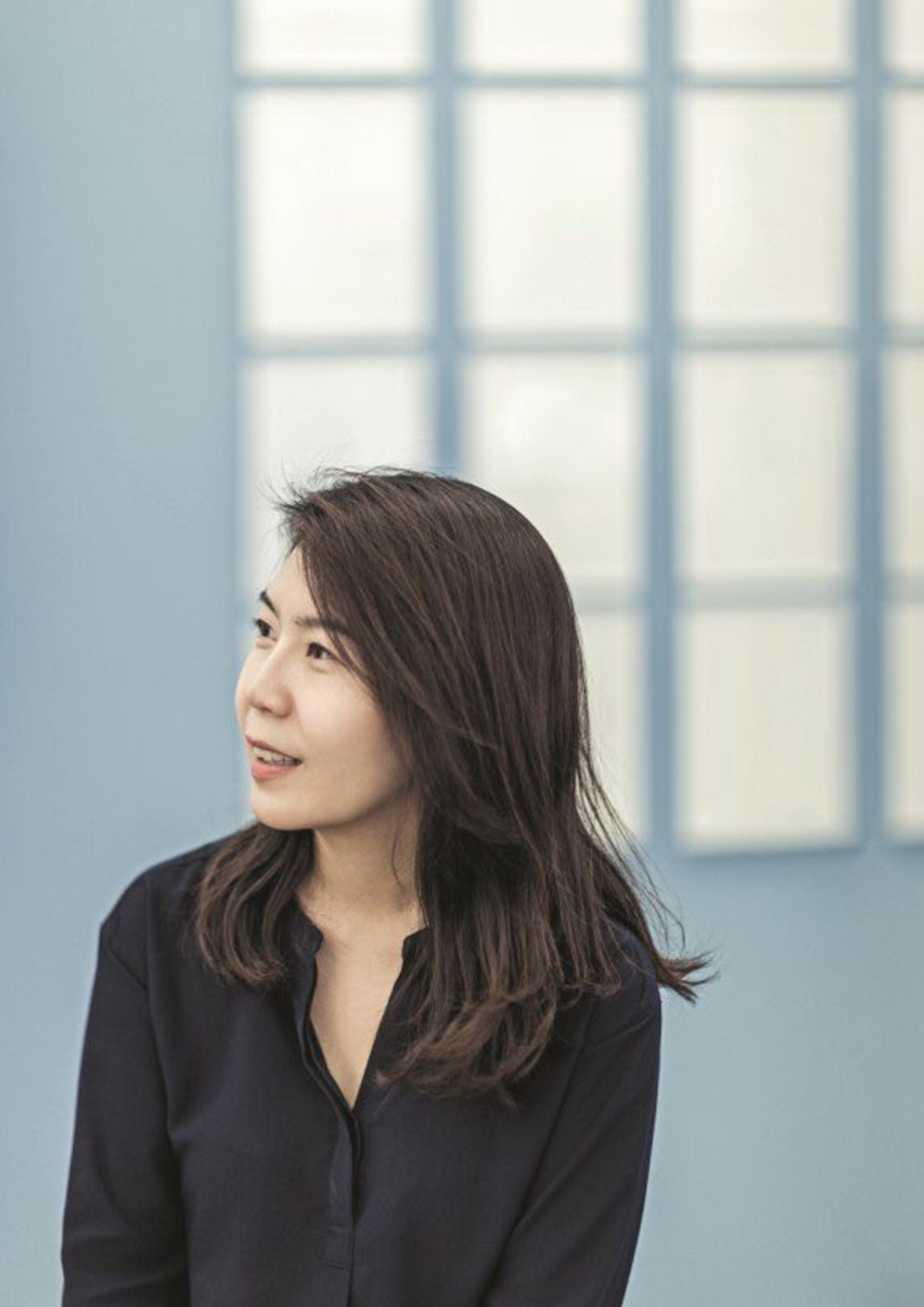
Image courtesy: Cho Juhyun and Monthly Design
Lee Yongwoo
Lee Yongwoo is a media historian and cultural studies scholar, currently affiliated as an Assistant Professor of Cultural Studies at The Chinese University of Hong Kong. He has taught critical media and cultural studies of modern Korea, visual studies, film theory and popular culture in East Asia, intellectual history of wartime Japan and post-war Korea, Korean contemporary art, postcolonial memory, historiography and translation at New York University, Cornell University and Sogang University’s Critical Global Studies Institute. He has served as guest curator for Asian Diva: The muse and the monster in Seoul Museum of Art (2017), the 1st Anren Biennale, Chengdu (2017), Soil and Stones, Souls and Songs at Para Site, Hong Kong (2016-17), Robert Mapplethorpe: More Life at Kukje Gallery, Seoul (2021) and Naming the Nameless at Seoul Museum of Art, SeMA Bunker (2021).
His writings have been published in a number of books, journals and catalogues, including Superhumanity (2018), 2 Oder 3 Tiger: Koloniale Geschichten, Medien Und Moderne (2017), Suki Seokyeong Kang : Black Mat Oriole (2019), Divided We Stand: 9th Busan Biennale 2018 (2019), MMCA Hyundai Motor Series 2020: Haegue Yang―O₂ & H₂O (2020), Community of Parting (2020, 2021) and Asian Cinema journal.
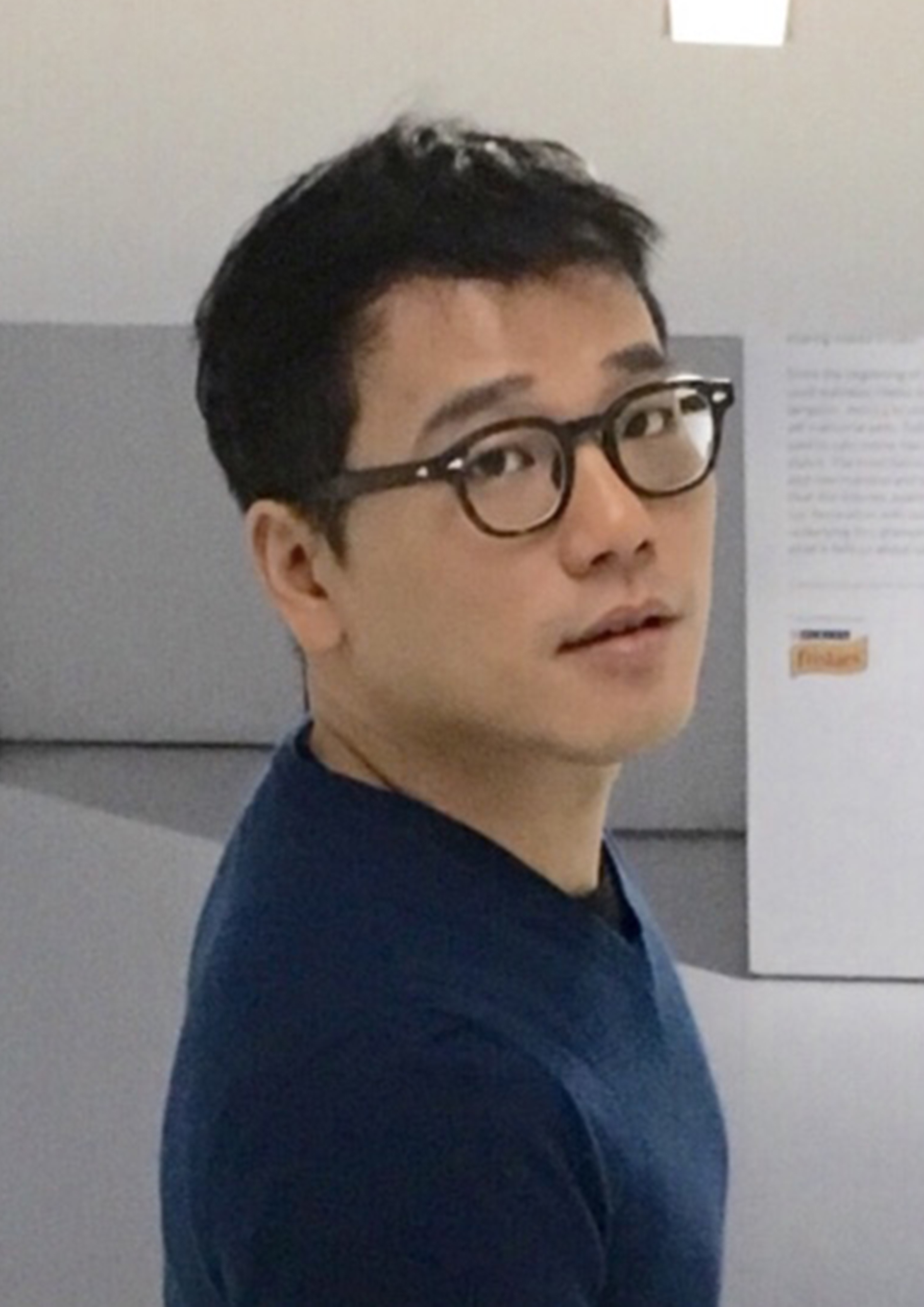
Image courtesy: Lee Yongwoo
Mia Yu
Mia Yu is a Beijing-based, globally active art historian and curator with keen interests on global exhibition histories, Asian geopolitics, decolonisation and the Anthropocene. Her recent exhibitions include Three Contested Sites—The Worldly Fables of the Long 1990s co-curated with Nikita Cai in Times Art Center Berlin (2022), Resonances of One Hundred Things in OCAT Biennale (2021), From Vladivostok to Xishuangbanna in Jimei x Arles International Photo Festival (2020), Photoethics: CHINAFRICA (2020) and Ni Jun: An Inconvenient Case (2019). Mia Yu was nominated for the 14th Annual AAC Curator of the Year Award. She was the winner of the Yishu Award for Critical Writing on Contemporary Art in 2018, the recipient of the Tate Asia Research Travel Fellowship in 2017 and the winner of the CCAA Art Critic Award in 2015. Mia Yu wrote for Uncooperative Contemporaries: Art Exhibitions in Shanghai in 2000, the latest book of the Afterall Exhibition Histories Series published in 2020. She has widely lectured at various institutions including Peking University, China Art Academy, Central Academy of Fine Arts, California College of the Arts, Carleton University, Asia Society Hong Kong and Pirelli HangarBicocca. She currently serves on the jury and advisory committees of Hyundai Blue Prize, Art 021 x Porches Young Artist Awards and Peking University China Modern Art Archive. In 2021, Mia Yu initiated the long-term para-curatorial project North x Anthropocene: Ecological Sensibilities from the Edges.
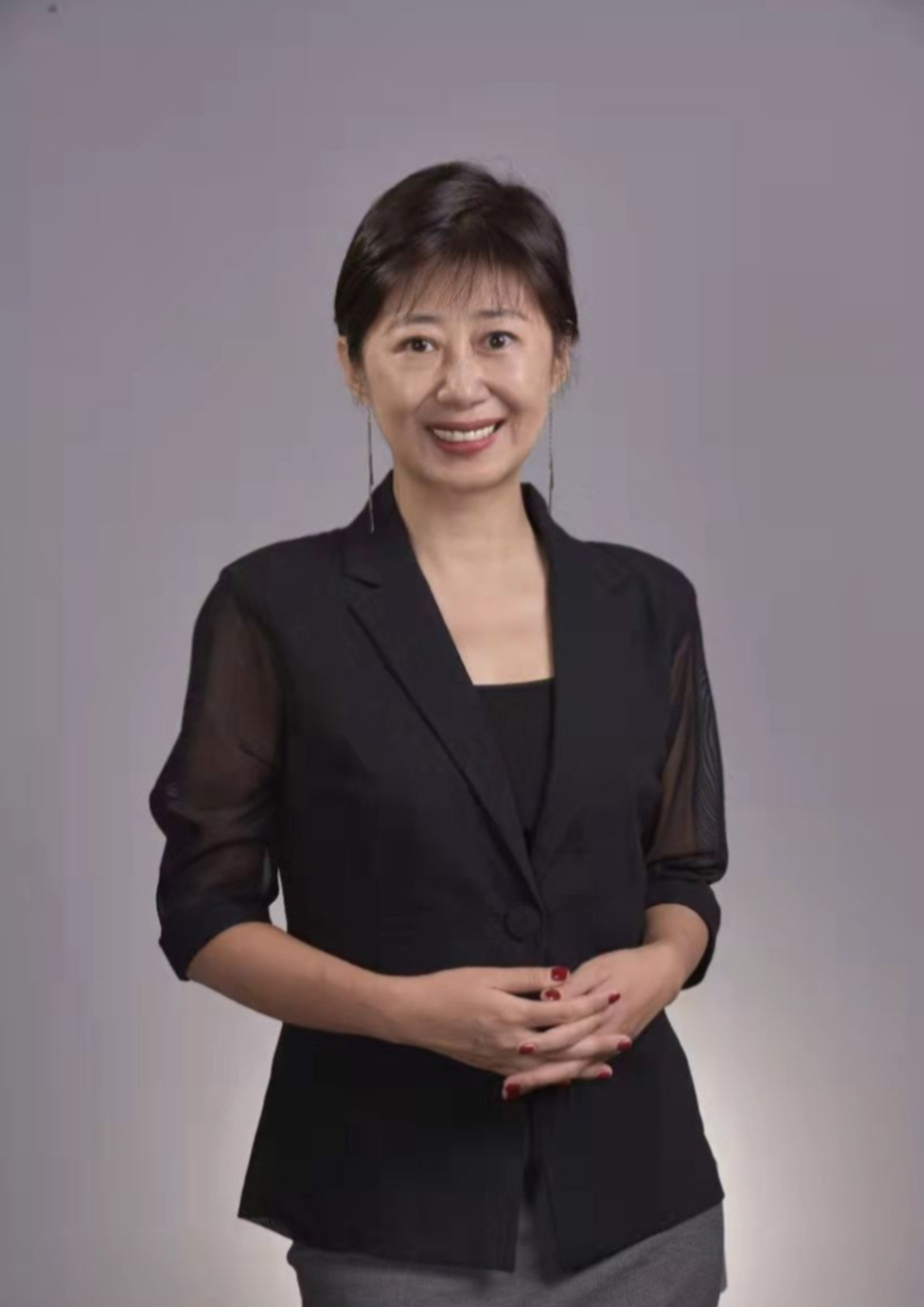
Image courtesy: Mia Yu
Sasaki Gentaro
Sasaki Gentaro has been working at Contemporary Art Museum, Kumamoto (CAMK) as a curator since 2013. Sasaki is broadly interested in the cultural situation, history and society in the Asian region, with a particular focus on contemporary art in China. With the support of the Japan Association of Art Museums, Sasaki conducted field research on the state of contemporary art in Shanghai in 2017 and based on this research he organised Shanghai Beat: The Dynamism of the Contemporary Art Scene in Shanghai at CAMK. Sasaki also actively collaborates with local artists on projects and one of his representative exhibitions in this field is In Search of Origins: Art Practices Rooted in the Environments of Kyushu in 2021.
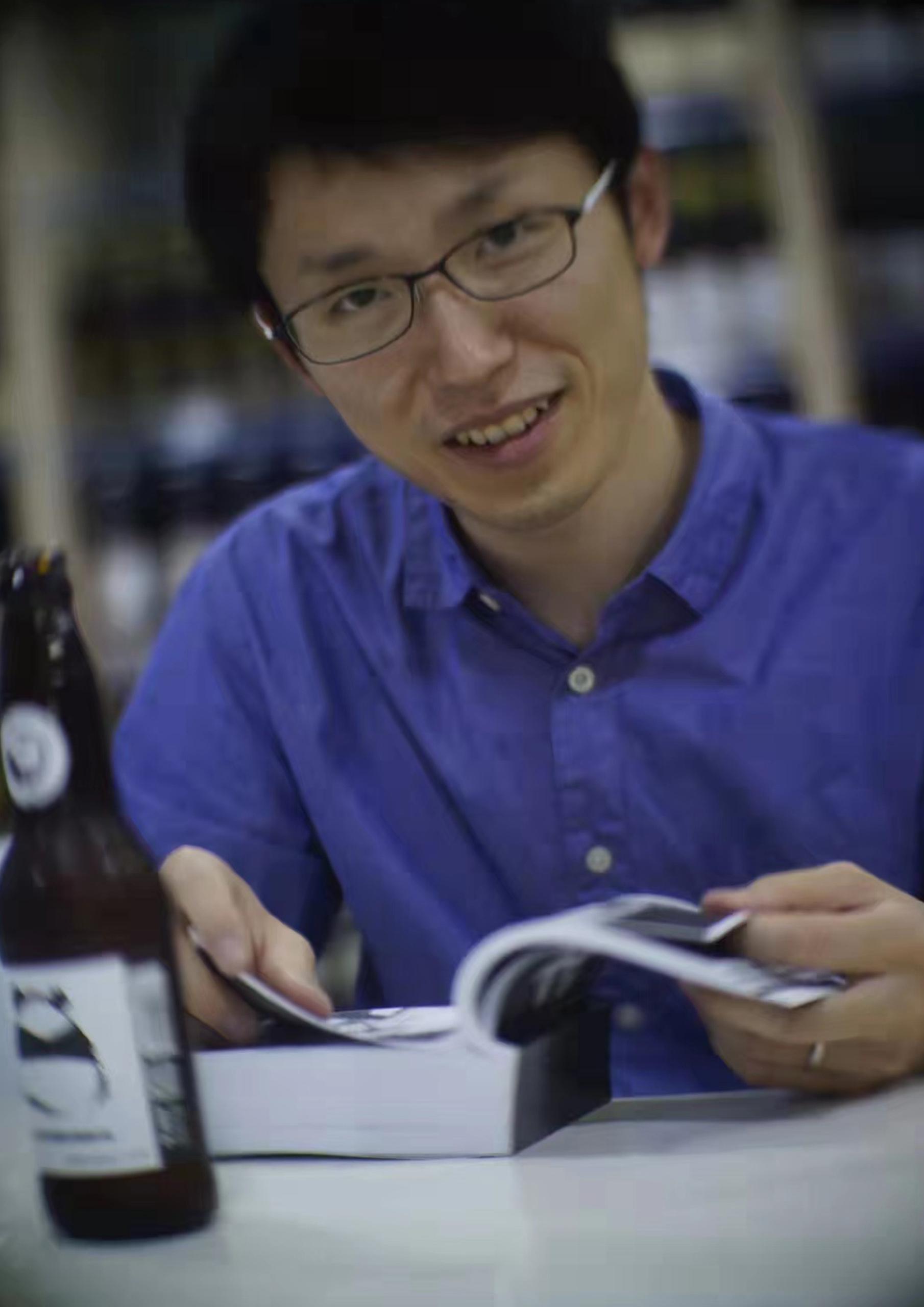
Image courtesy: Sasaki Gentaro
Park Joowon
Park Joowon studied history and obtained her master’s degree in History of Art at the University of Edinburgh, UK. She is currently working as a curator at MMCA, Korea (National Museum of Modern and Contemporary art), also worked as an associate curator for 2020 Gwangju Biennale Minds Rising, Spirits Tuning and an advisory member for ‘2020 Gwangju Asia Forum’ organised by Gwangju Cultural Foundation. Based in Seoul, she has led one of MMCA’s long-term programmes, ‘Asia Focus’ since 2017 and she opened her first research project How little you know about me in 2018. In the second episode of the Asia project, Looking for Another Family in 2020, she has focused on opening a public platform for various groups of artists and local communities based in East and Southeast Asia through her on-site research. The recent projects she has curated, including MMCA Hyundai Motor Series – News from Nowhere, Freedom village in Seoul and Kanazawa (2021, 2022), Alternative languages – Asger Jorn, the artist as a social activist in Seoul (2019), Tilted Scenes – What do you see? in Venice (2019) and When Art Becomes Liberty: The Egyptian Surrealists 1938–1965 in Seoul (2017). She also publishes her reviews on Artforum to introduce Korean contemporary art scenes.
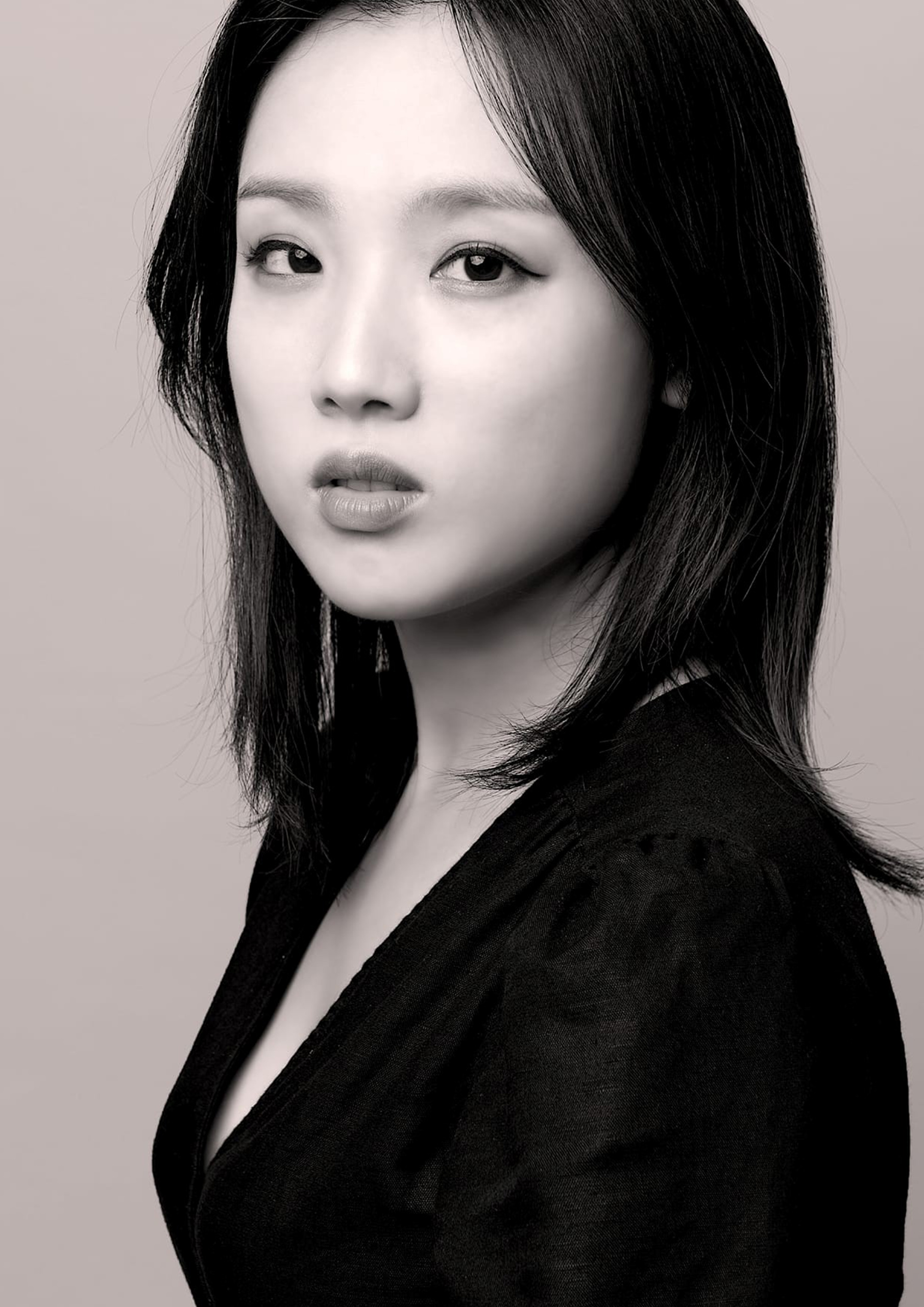
Image courtesy: Park Joowon
Hsieh Feng-Rong
Hsieh Feng-Rong is a curator at the Planning Office of New Taipei City Art Museum. He was a founding staff member and senior curator of Rockbund Art Museum in Shanghai. Recent exhibitions curated by Hsieh include: Rehearsing the Future (2021), RAM HIGHLIGHT 2019: Before the Whistle Blows (2019), co-curated with Cosmin Costinas, Claire Shea and Billy Tang An Opera for Animals (2019), co-curated with Amy Cheng Tell Me a Story: Locality and Narrative (2018), RAM HIGHLIGHT 2018: Is It My Body? (2018).
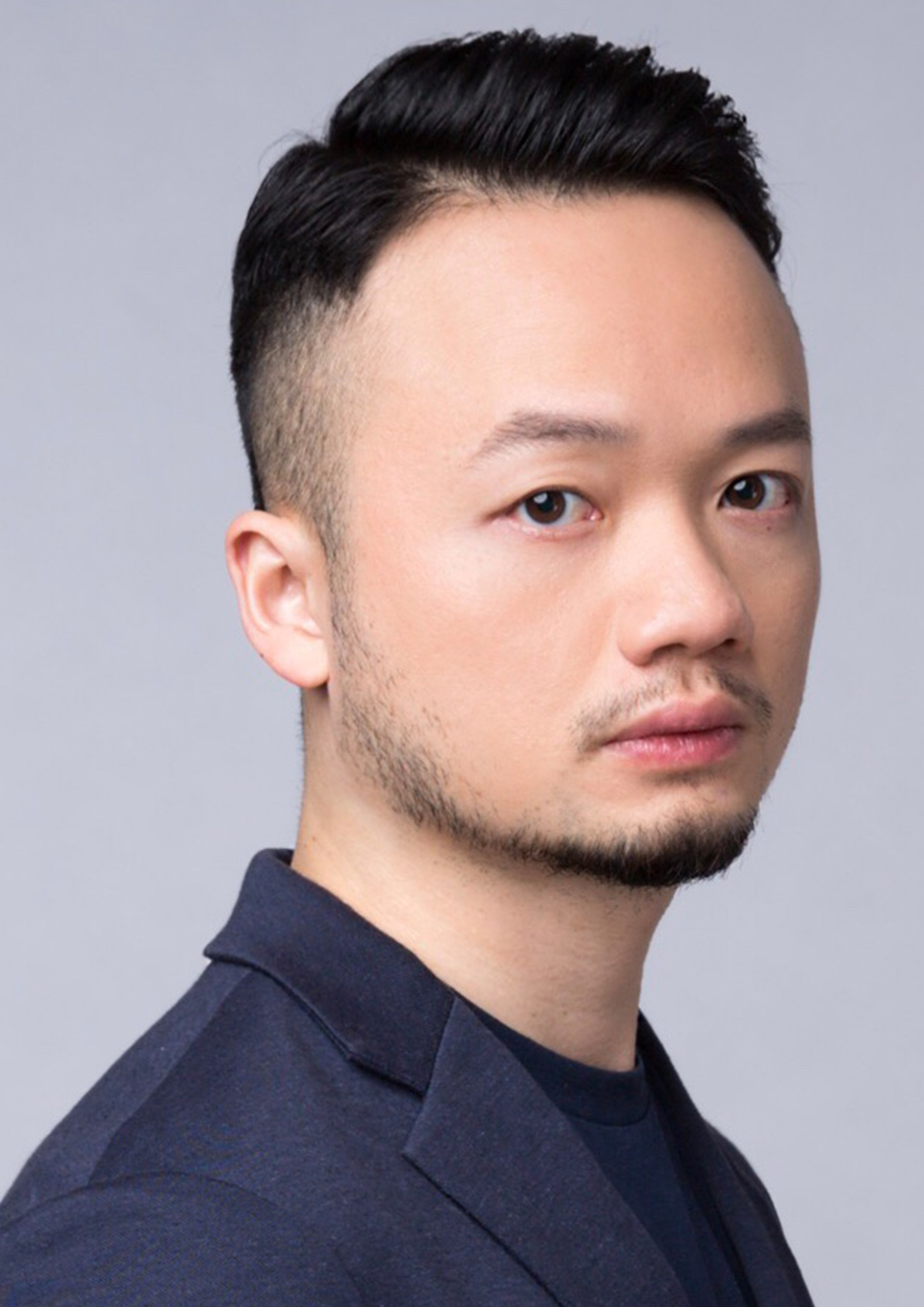
Image courtesy: Hsieh Feng-Rong
Li Jie
Li Jie started his independent curatorial practice in 2006. He was the curator of A4 Contemporary Art Center, Chengdu from 2011 to 2015, the chief curator since 2016 and the deputy director of Chengdu Luxelakes・A4 Art Museum since 2021. Through a series of art exhibitions, local art projects, and iSTART children’s art festival projects, Li Jie is constantly developing the art museum’s public relations and social co-creation mode.
In 2012, he was invited by Goethe Institute to attend the 13th Kassel Documenta Curator Communication Project, Germany. In 2013, he was invited by Yokohama Creative City Art Center to Yokohama Creative City Art Center Resident Program, Japan. In 2014, he attended the Alternative Route: Symposium on Contemporary Art, History and Current Issues in Asia, Japan. In 2016, he was invited by Japan Foundation to participate in a young curator exchange programme, Japan and in the same year he won Asian Cultural Council Cai Guoqiang Fellowship. In 2017, he won the first Hyundai Blue Prize: Sustainability Curator Award.
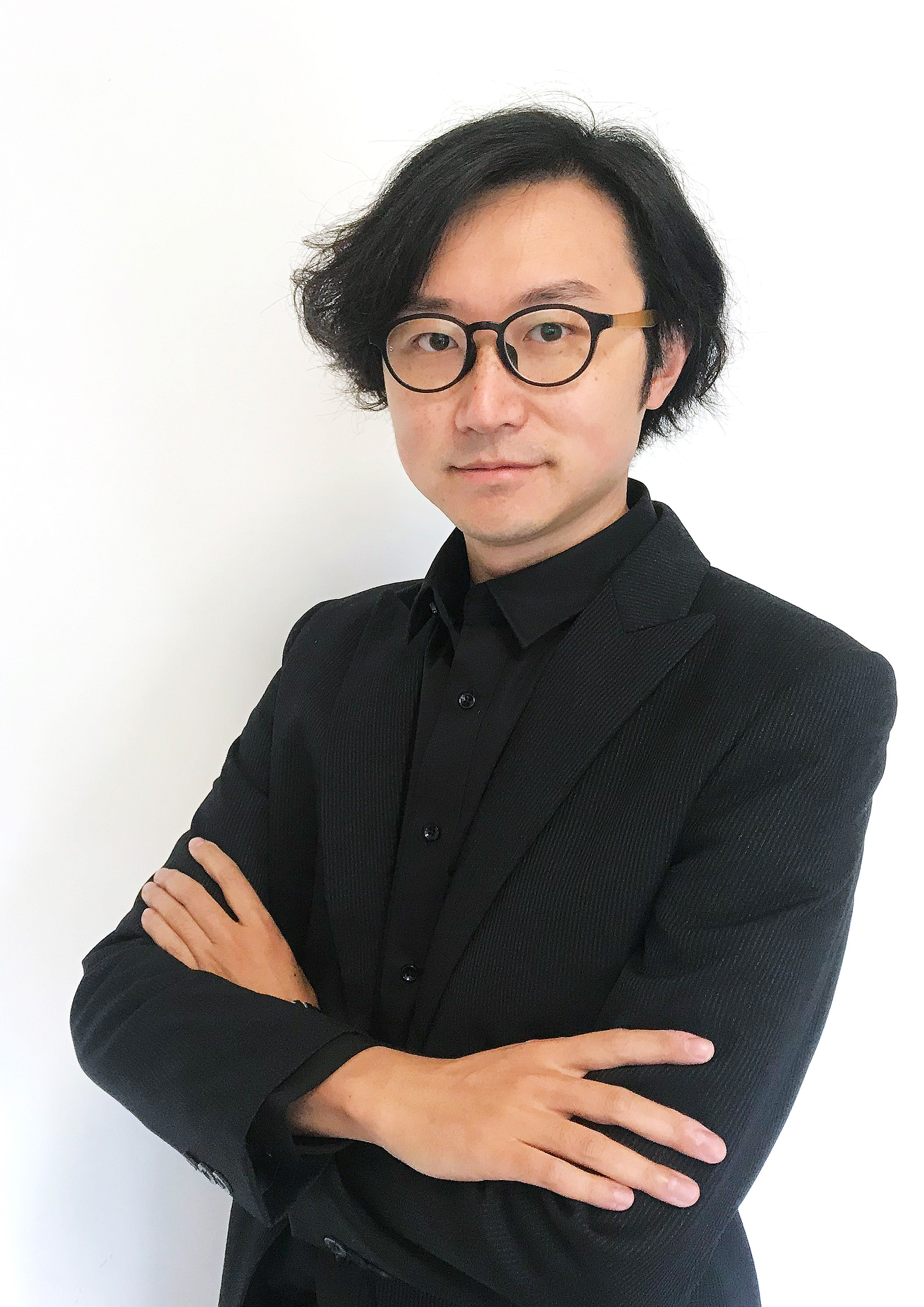
Image courtesy: Li Jie
Sun A Moon
Sun A Moon is a curator, researcher and writer based in Dongducheon and Seoul. She is currently director of Space AfroAsia in Dongducheon. Recent exhibitions and projects include Integral Hisoria at Space AfroAsia, Dongducheon (2022), the main exhibition Better than Tomorrow of the 6th Anyang Public Art Project—Symbiotic City at Anyang Pavilion, Anyang (2019), Zeitgeist: Video Generation at Alternative Space Loop, Seoul (2018), Brace for Impact at de Appel, Stedelijk Museum, De School, Amsterdam (2018), Zeitgeist: Psychedelic; Blue at Amado Art Space, Seoul (2016), Plastic Myths at Asian Culture Center, Gwangju (2015-16). She participated in the TATE Intensive Program in London (2017) and de Appel Curatorial Programme in Amsterdam (2017-18) and received the Amado Exhibition Award and The Critic Festival Award (2016).
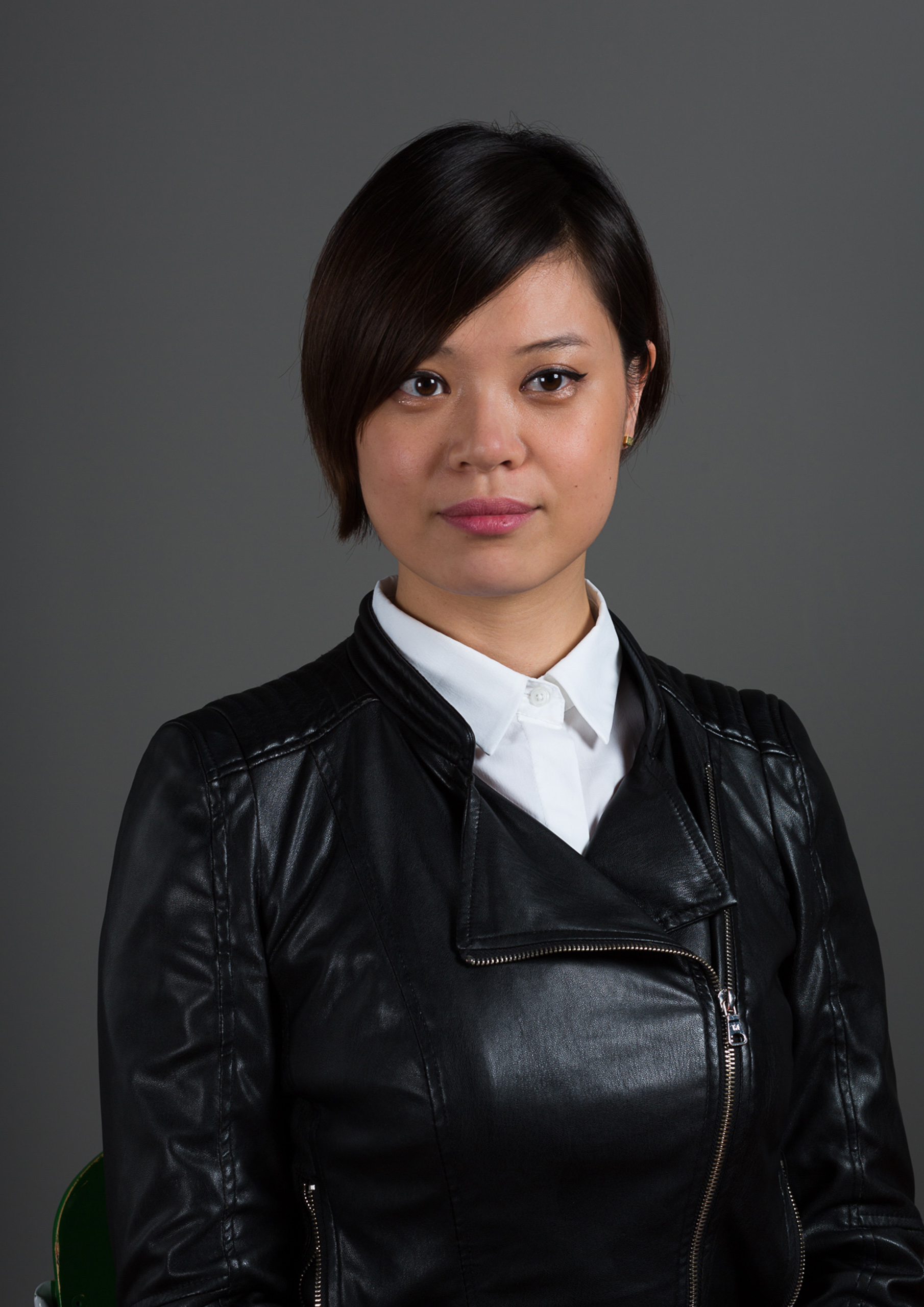
Image courtesy: Sun A Moon Photo: Shinji Otani
Lee Chun Fung
Lee Chun Fung is an artist, curator and researcher based in Hong Kong. His research interests cover self-organised art practices, grassroots activism and politics of aesthetics in inter-Asia context. He is the co-founder of community/art space ‘Woofer Ten’ (2009-15) and research collective Inter-Asia Woodcut Mapping Group (2019 till now).
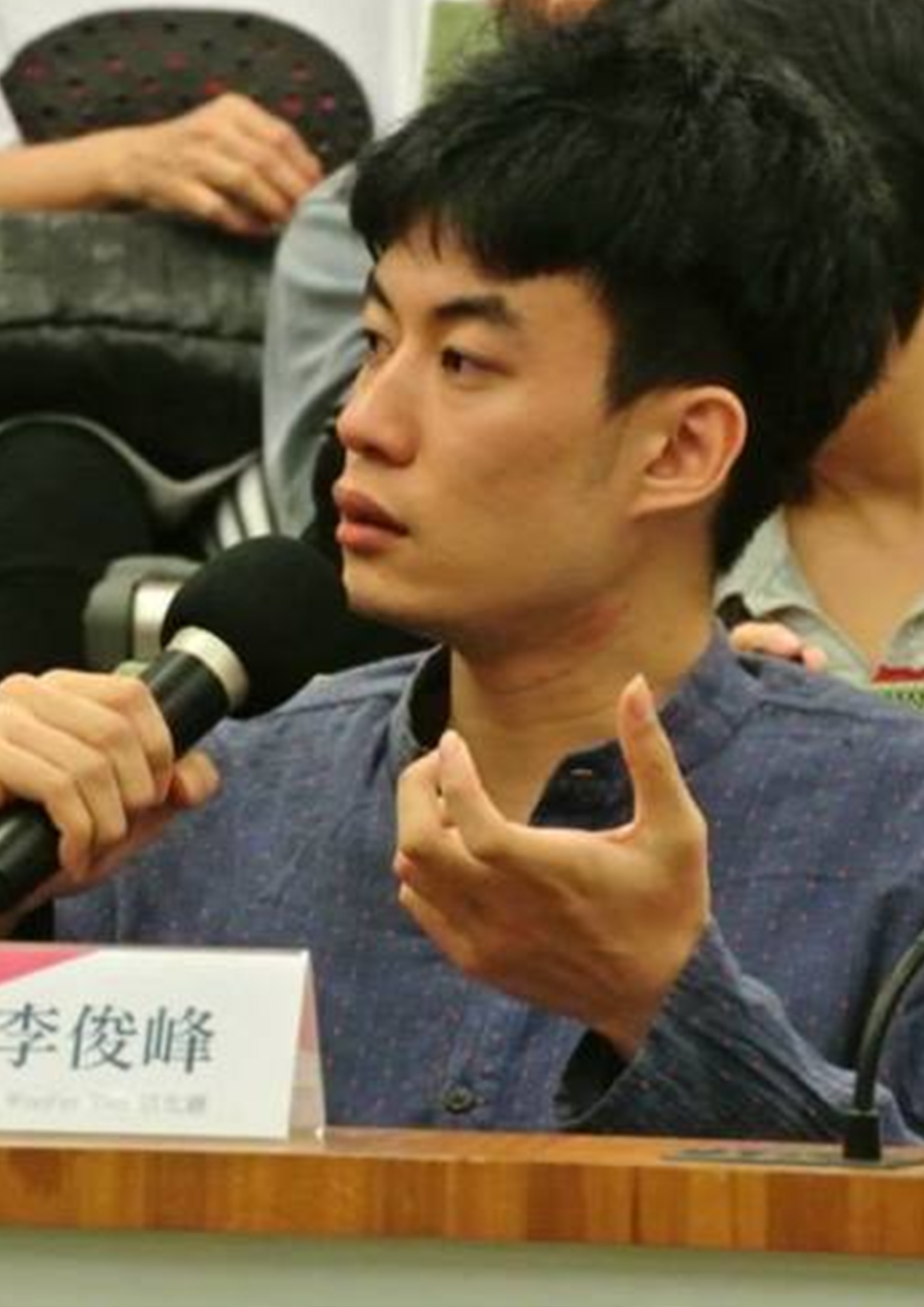
Image courtesy: Lee Chun Fung
Krystie Ng
Krystie Ng is a curator and researcher, born in Malaysia and currently lives in Hong Kong. Her research interests include collaborative art practices, cultural activism and ethnic relationships in the post-colonial context of Southeast Asia. Her recent project is Carving Reality: Contemporary Woodcut Exchange Exhibition from East Asia at The Back Room, in Kuala Lumpur (2020). She is also the co-founder of research collective Inter-Asia Woodcut Mapping Group (2019 till now).
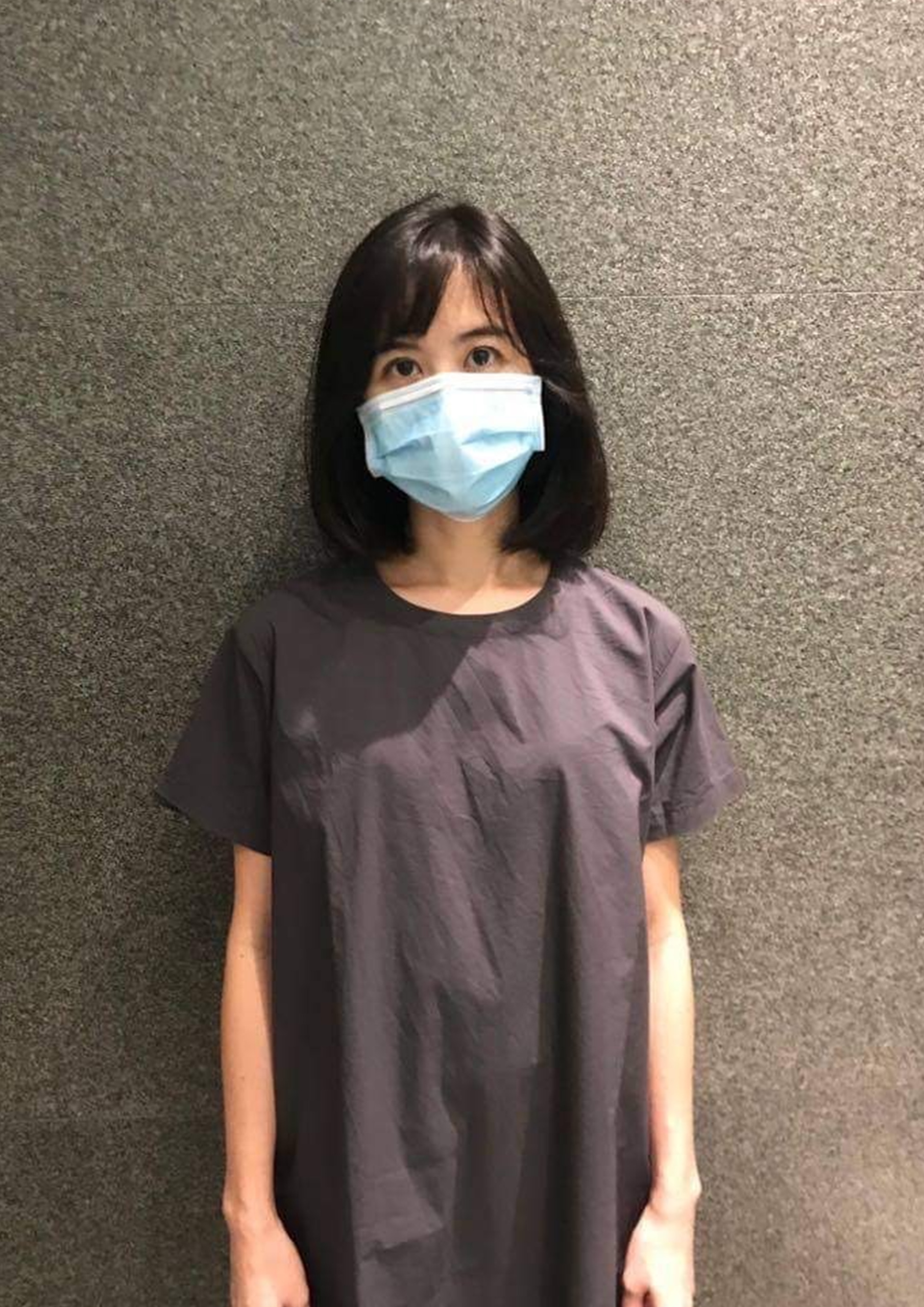
Image courtesy: Krystie Ng